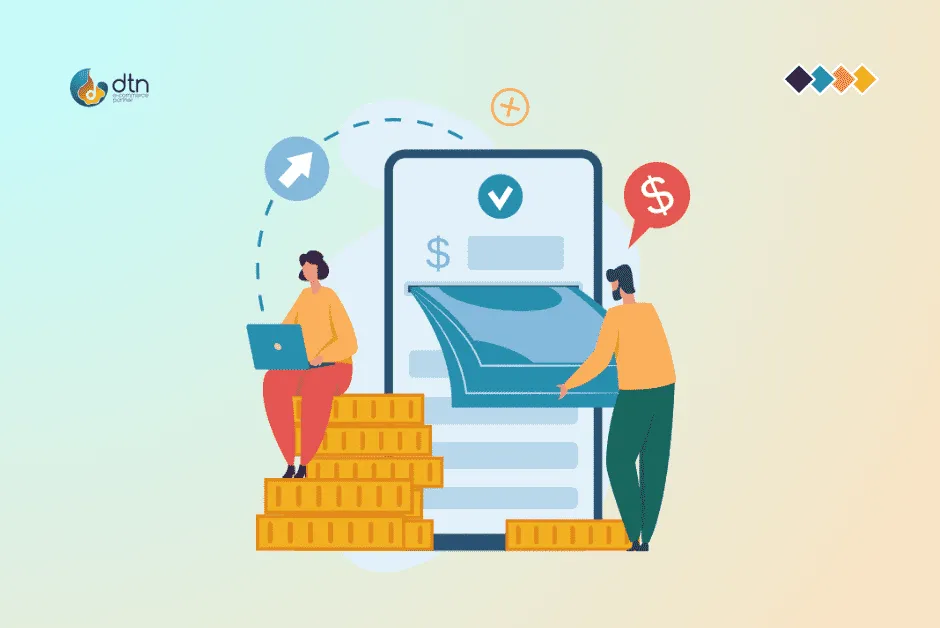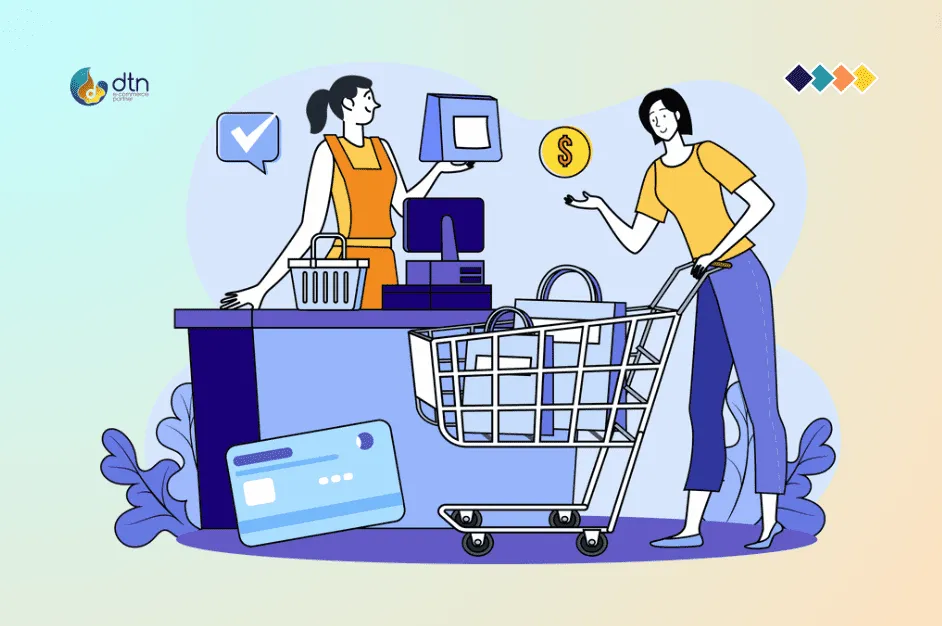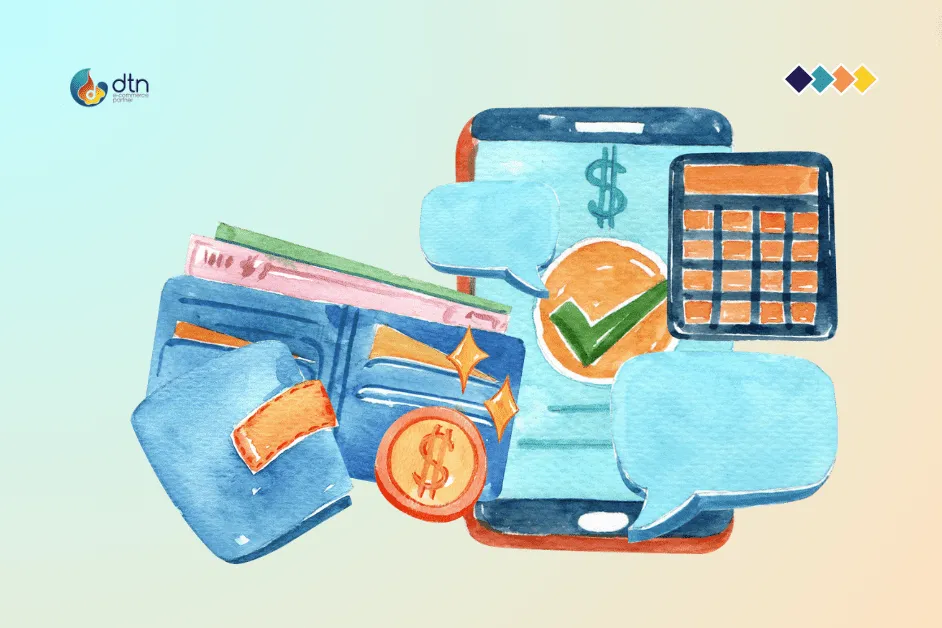In the ever-evolving landscape of e-commerce, payment gateways have become indispensable tools for merchants. These gateways act as the bridge between online stores and payment processors, enabling customers to securely and conveniently pay for their purchases. Understanding the ins and outs of payment gateways is crucial for any e-commerce business looking to optimize its checkout process and maximize revenue.
Table of Contents
What is an E-commerce Payment Gateway?
An e-commerce payment gateway is a software solution that integrates with your online store and connects it to payment processors. When a customer enters their payment information on your website, the gateway securely transmits that data to the processor, which then authorizes and settles the transaction.

How Do Payment Gateways Work?
- Customer enters payment information: The customer provides their credit card, debit card, or other payment details on your checkout page.
- Gateway encrypts data: The gateway encrypts the customer’s sensitive payment information using industry-standard protocols.
- Gateway sends data to processor: The encrypted data is transmitted to the payment processor, which is responsible for authorizing and settling the transaction.
- Processor authorizes transaction: The processor checks the customer’s payment information against their database and verifies the funds are available.
- Gateway receives authorization: Once the transaction is authorized, the gateway receives a confirmation from the processor.
- Gateway updates merchant: The gateway notifies your online store that the transaction has been authorized and the payment is complete.

Benefits of Using a Payment Gateway
Integrating a payment gateway into your e-commerce store offers numerous benefits, including:
- Secure transactions: Payment gateways employ robust encryption and fraud detection measures to protect customer data and prevent unauthorized access.
- Convenient checkout: Gateways provide a seamless and user-friendly checkout experience for customers, reducing cart abandonment rates.
- Multiple payment options: Gateways support a wide range of payment methods, including credit cards, debit cards, digital wallets, and alternative payment systems.
- Fraud prevention: Gateways offer advanced fraud detection tools to identify and block suspicious transactions, mitigating the risk of chargebacks.
- Reporting and analytics: Gateways provide detailed reporting and analytics on transaction data, enabling merchants to track sales, identify trends, and optimize their payment strategies.

Choosing the Right Payment Gateway
Selecting the right payment gateway for your e-commerce business is essential. Consider the following factors:
- Security: Choose a gateway that complies with industry security standards and employs robust encryption measures.
- Fees: Compare the transaction fees and monthly fees charged by different gateways to find the most cost-effective option.
- Features: Evaluate the features offered by each gateway, such as fraud detection, recurring payments, and support for multiple currencies.
- Customer support: Ensure the gateway provides reliable and responsive customer support in case of any issues or inquiries.
- Integration: Choose a gateway that seamlessly integrates with your e-commerce platform and requires minimal technical expertise to implement.

Conclusion
E-commerce payment gateways are indispensable tools for any online business. By understanding how they work and carefully selecting the right gateway for your needs, you can streamline your checkout process, enhance security, and maximize revenue. Harness the capabilities of payment gateways to unleash the complete potential of your online store.
Frequently Asked Questions
We’ve compiled a list of answers to common questions.
What is the role of an e-commerce payment gateway?
An e-commerce payment gateway acts as the intermediary between an online store and payment processors, securely transmitting customer payment information and facilitating transactions.
How does the payment gateway process typically work?
The process involves a customer entering payment information, the gateway encrypting and transmitting the data to the processor, the processor authorizing the transaction, and the gateway notifying the store of the transaction status.
What are some benefits of integrating a payment gateway into an e-commerce store?
Benefits include secure transactions, convenient checkout experiences, support for multiple payment options, fraud prevention measures, and access to reporting and analytics tools.
What considerations should vendors take into account when selecting a payment gateway?
Merchants should consider factors such as security features, fees, available features (like fraud detection and recurring payments), quality of customer support, and integration capabilities with their e-commerce platform.
Why are e-commerce payment gateways considered indispensable tools for online businesses?
Payment gateways play a crucial role in facilitating secure transactions, optimizing checkout processes, and maximizing revenue potential for e-commerce businesses in today’s digital landscape.



